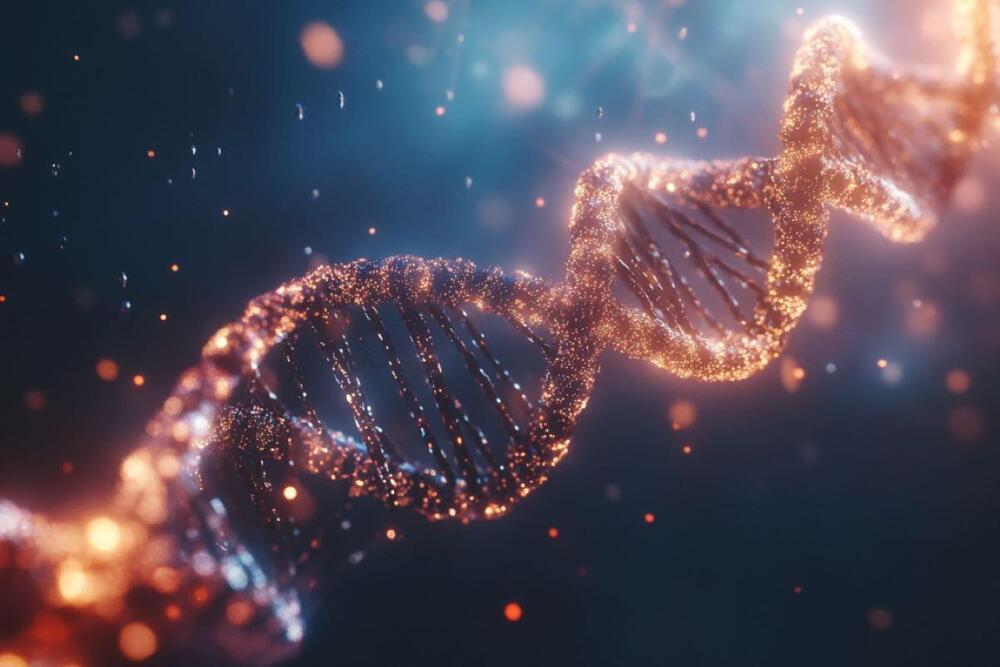In the next couple of decades, we will be able to do things that would have seemed like magic to our grandparents.
This phenomenon is not new, but it will be newly accelerated. People have become dramatically more capable over time; we can already accomplish things now that our predecessors would have believed to be impossible.
We are more capable not because of genetic change, but because we benefit from the infrastructure of society being way smarter and more capable than any one of us; in an important sense, society itself is a form of advanced intelligence. Our grandparents – and the generations that came before them – built and achieved great things. They contributed to the scaffolding of human progress that we all benefit from. AI will give people tools to solve hard problems and help us add new struts to that scaffolding that we couldn’t have figured out on our own. The story of progress will continue, and our children will be able to do things we can’t.







